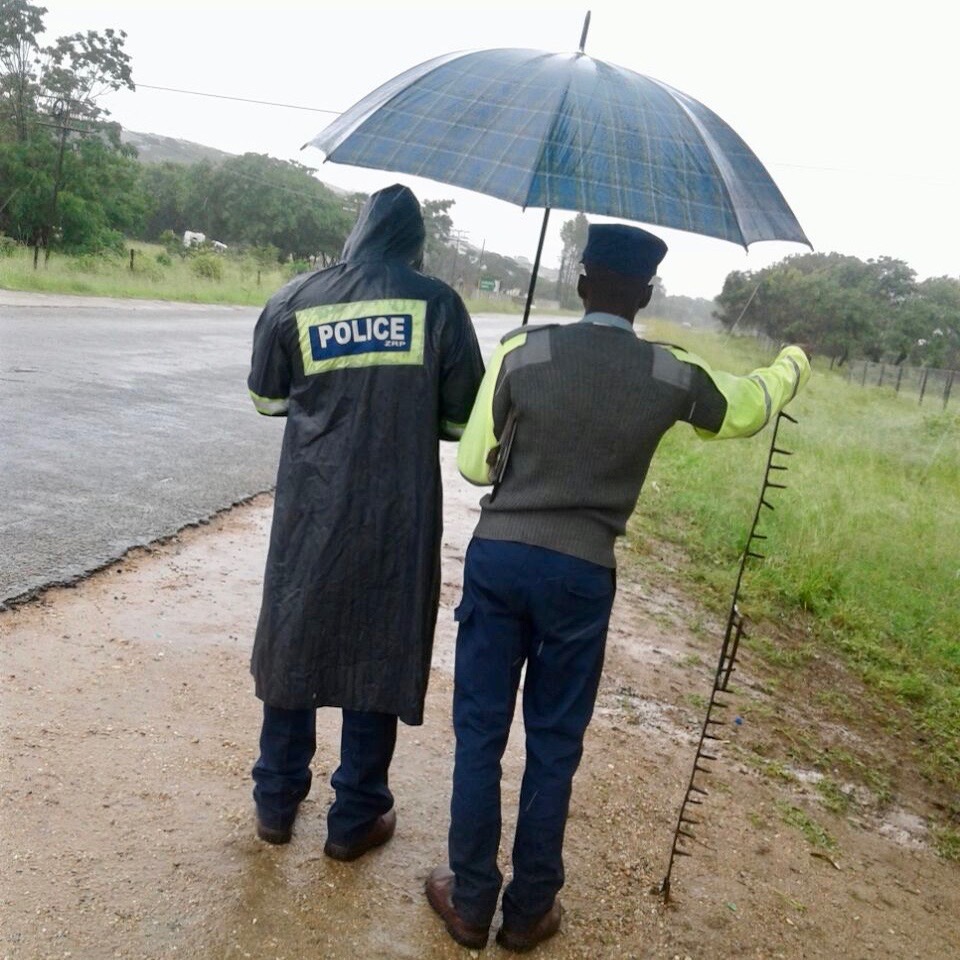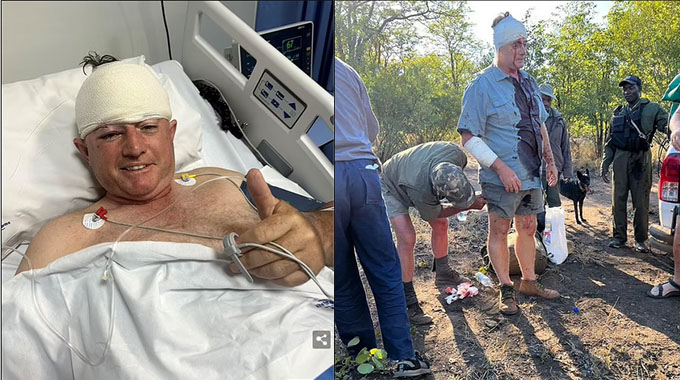HARARE – The Passengers Association of Zimbabwe (PAZ) has filed an appeal at the Supreme Court challenging a High Court ruling which upheld the police practice of deploying spikes to immobilise vehicles.
PAZ says Justice Owen Tagu erred in failing to find that the deployment of spikes against moving vehicles, sometimes carrying passengers, violates the constitutional rights to life and personal security.
In its appeal filed last week, PAZ said: “The High Court erred and misdirected itself in making a finding that the use of spikes, smashing of windscreens and throwing of teargas in public transport by the ZRP officers leading to damage to property, bodily injuries and loss of lives of passengers and other members of the public does not amount to violation of the rights to life and to personal security as ingrained in section 48 and 52 respectively of the Constitution of Zimbabwe Amendment (No.20) Act, 2013.
“The High Court further erred and misdirected itself in finding that illegal conduct of illegal transport operators, colloquially known as mushikashika, justifies or necessitates the use of excessive use of force outside the parameters stipulated under section 42 of the Criminal Procedure and Evidence Act.”
Justice Tagu last month ruled that he could not stop police from enforcing law and order.
The judge said while the application was “noble, the court could not disempower the police from enforcing law and order as there were times when the use of spikes would prove necessary.”
The judge also accused PAZ of approaching the court with dirty hands.
“While the application has been filed to protect commuters, one thing that boggles this court’s mind is why members of PAZ have this high affinity of boarding illegal vehicles at undesignated points while there is conventional transport such as ZUPCO, and registered taxis,” Tagu said in a ruling to an application brought by PAZ.
“I therefore agree… that the order being sought by the applicants, that there be a blanket ban on the use of spikes, tear gas… is unassailable. However, that is not to say that the police should do so, because it is illegal, but circumstances may dictate that it be done.”
The matter is pending.















